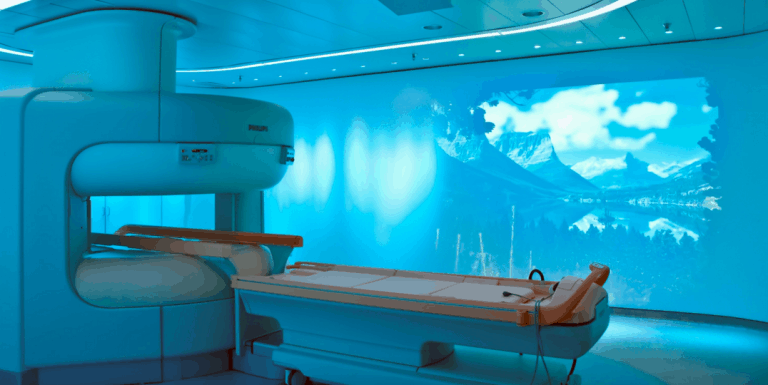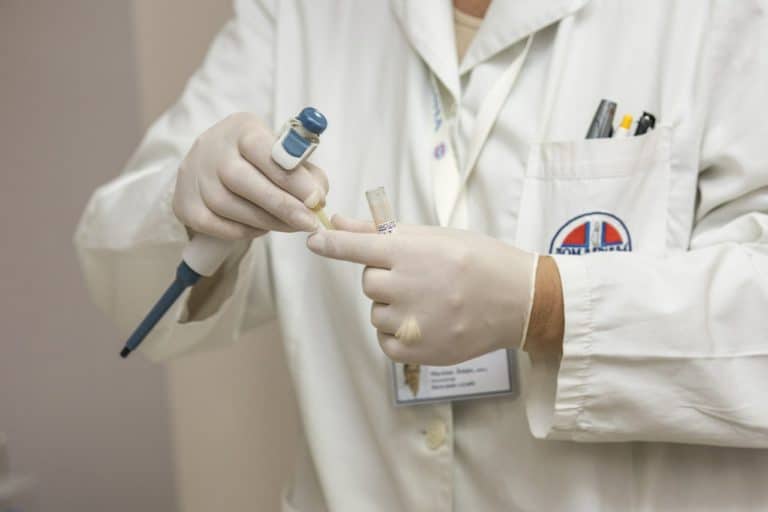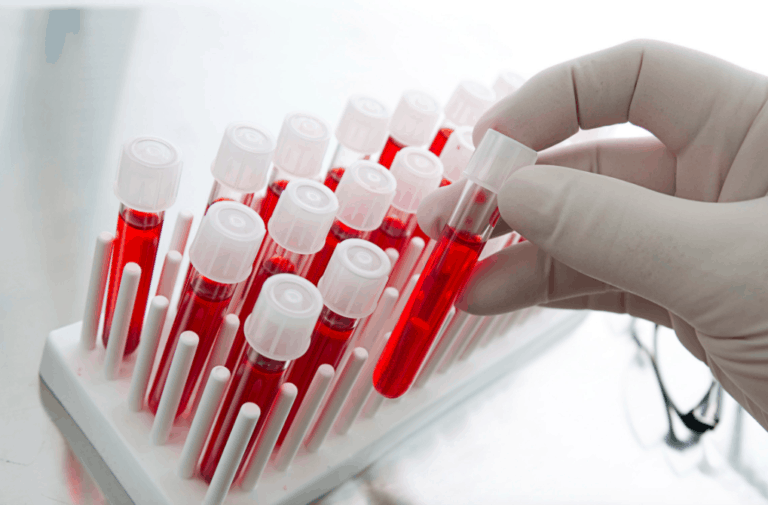It’s not often that the monitoring committee during a Phase III trial ends the study early because the drug has performed so well, but that’s what happened with the new prostate cancer drug, Alpharadin. The investigators report that men with metastatic, hormone-resistant prostate cancer lived a median of three months longer when taking Alpharadin.
Alpharadin is a first-in-class alpha pharmaceutical designed to stop the spread of cancer to bone (bone metastases), which it does by using alpha radiation (radium-223 chloride) to kill cancer cells. According to Chris Parker, MD, of the Royal Marsden Hospital in London, where the trial was conducted, Alpharadin “is the first drug targeted to bone metastases in prostate cancer to improve survival.” He noted that although other bone drugs are used in men with prostate cancer, “they help to minimize symptoms; they don’t improve survival.”
Results of the Phase III trial with Alpharadin were announced at the European Multidisciplinary Cancer Congress, where attendees also learned that Alpharadin use was associated with fewer skeletal-related side effects and that the drug was well tolerated.
In August 2011, the Food and Drug Administration announced that it would fast-track Alpharadin because the drug had demonstrated such positive results on this Phase III trial. When a drug is fast-tracked, the approval process is usually accelerated by about six months.
Alpharadin uses high-energy, short-range alpha particles to attack bone metastases. Because the alpha particles have an extremely tiny range, the amount of damage to adjacent cells is limited.
The Phase III trial involved 922 men with advanced prostate cancer and all with bone metastases. Patients were randomly assigned to receive either Alpharadin or placebo. Alpharadin is administered via injection, one every four weeks for a total of six injections.
Median overall survival was 14.0 months in the men who received Alpharadin and 11.2 months in men who received placebo. The most common side effects were bone pain (43% of treated men vs 58% of placebo group), diarrhea (22% vs 13%), nausea (34% vs 32%), vomiting (17% vs 13%), and constipation (18% both groups).
Parker believes the results of their trial “may have paved the way for improvements in survival for very many cancer patients.” Time will tell.
Read more in our Prostate Cancer Health Center.
Reference
Parker C et al. Overall survival benefit of radium-223 chloride (Alpharadin) in the treatment of patients with symptomatic bone metastases in castration-resistant prostate cancer: A phase III randomized trial (ALSYMPCA). ECCO-ESMO 2011; abstract 1LBA







